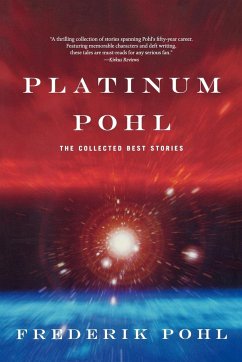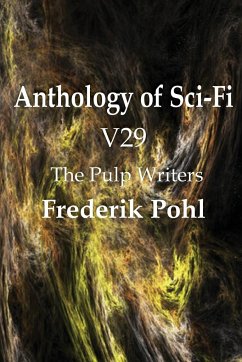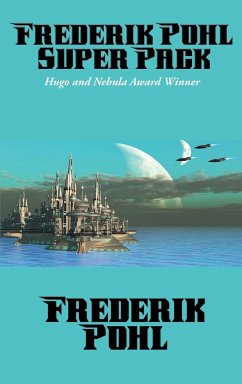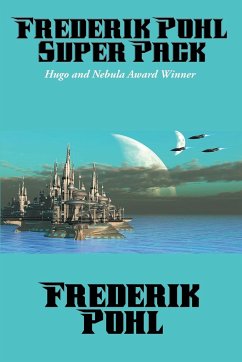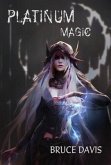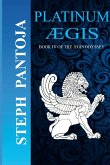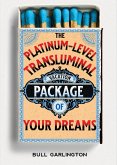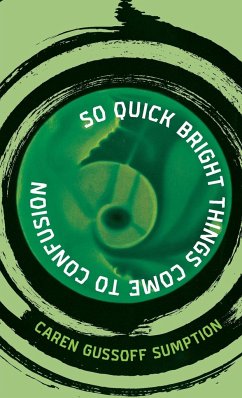Frederik Pohl, the bestselling author of The Boy Who Would Live Forever, is famous for his novels, but first and foremost, he is a master of the science fiction short story. For more than fifty years he has been writing incisive, entertaining SF stories, several hundred in all. Even while writing his bestselling triple-crown (Hugo, Nebula, Campbell Award) novel Gateway and the other Heechee Saga novels, he has always written short fiction. Now, for the first time, he has gathered together the best of his many stories in Platinum Pohl. Spanning the decades, these tales are in their way a living history of science fiction. Because Frederik Pohl has been on the frontlines of the field since the halcyon days of the late 1930s, and has written short stories in every decade since. And because he has always been a keen observer of the human condition and the world that is shaped by it, his stories reflect the currents of political movements, social trends, major events that have shaken the world . . . Yet at their core, all his stories are most acutely concerned with people. All sorts of people. Some are people you'll love, some you'll hate. But you will need to find out what happens to the people who inhabit these stories. Because Frederik Pohl imbues his characters with a depth and individuality that makes them as real as people you see every day. Of course, he also employs a mind-boggling variety of scientific ideas and science fictional tropes with which his characters must interact. And he does it all with seemingly no effort at all. That's some trick. Not everyone can do that . . . but that's why he was named a Grand Master of Science Fiction by his peers in the Science Fiction Writers of America. Here are his two Hugo Award winning stories, "Fermi and Frost" and "The Meeting" (with C. M. Kornbluth), along with such classic novellas as the powerful "The Gold at the Starbow's End" and "The Greening of Bed-Stuy," and stories such as "Servant of the People," "Shaffery Among the Immortals," and "Growing Up in Edge City," all finalists for major awards. And dozens of other wonderful tales, like "The Mayor of Mare Tranq" and the provocative "The Day the Martians Landed" and many others. Altogether, a grand collection of thought-provoking, entertaining science fiction by one of the all-time greats!
Hinweis: Dieser Artikel kann nur an eine deutsche Lieferadresse ausgeliefert werden.
Hinweis: Dieser Artikel kann nur an eine deutsche Lieferadresse ausgeliefert werden.

